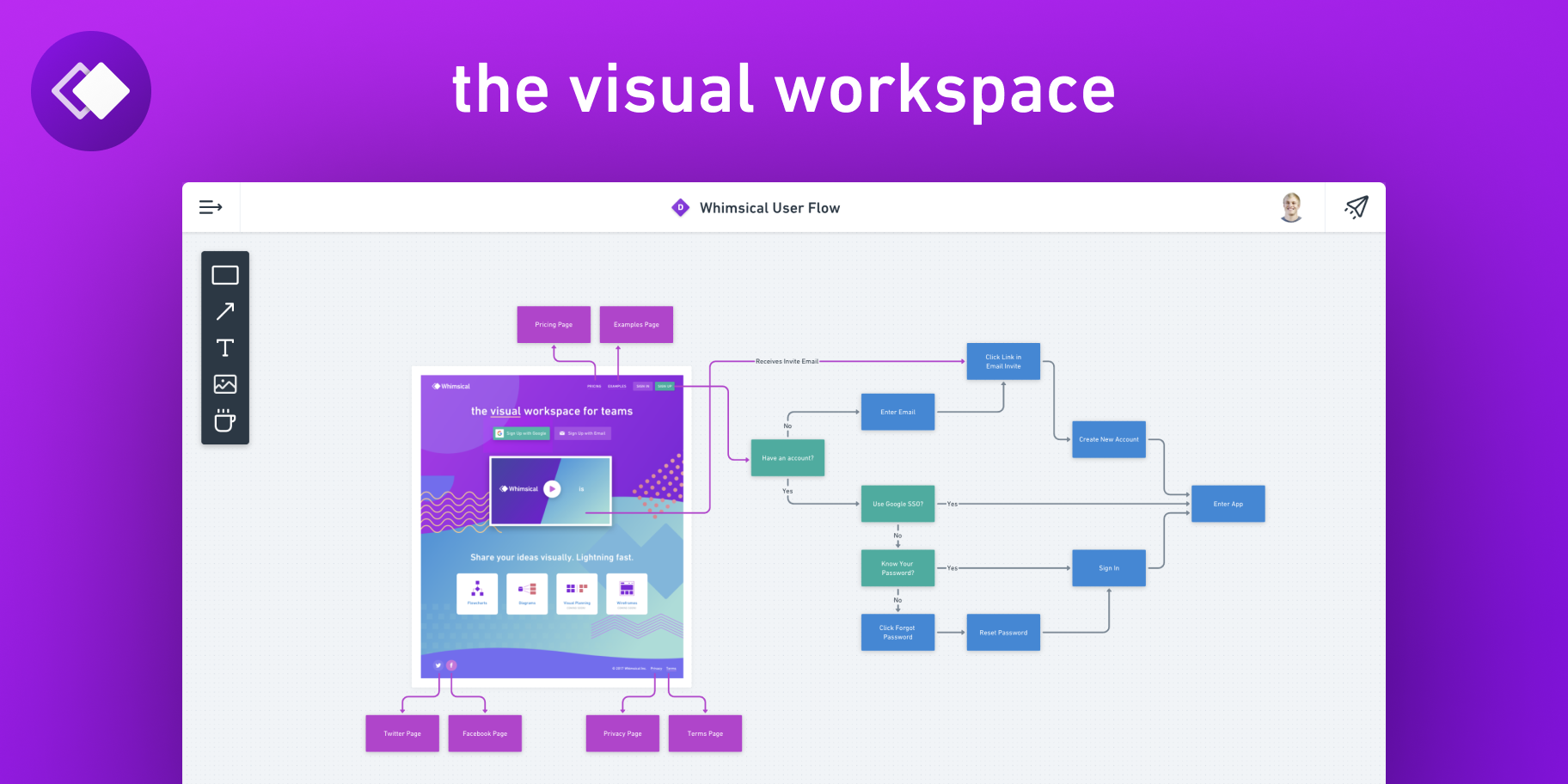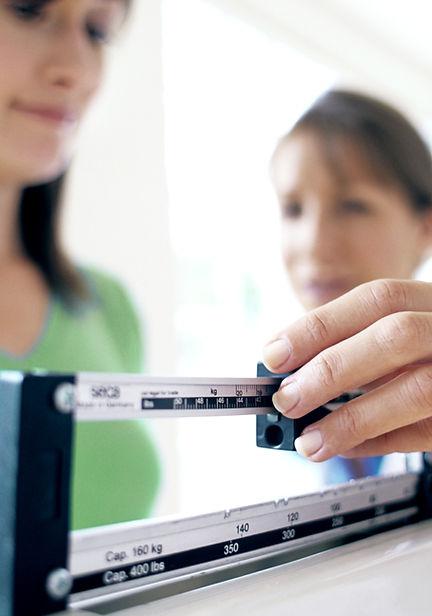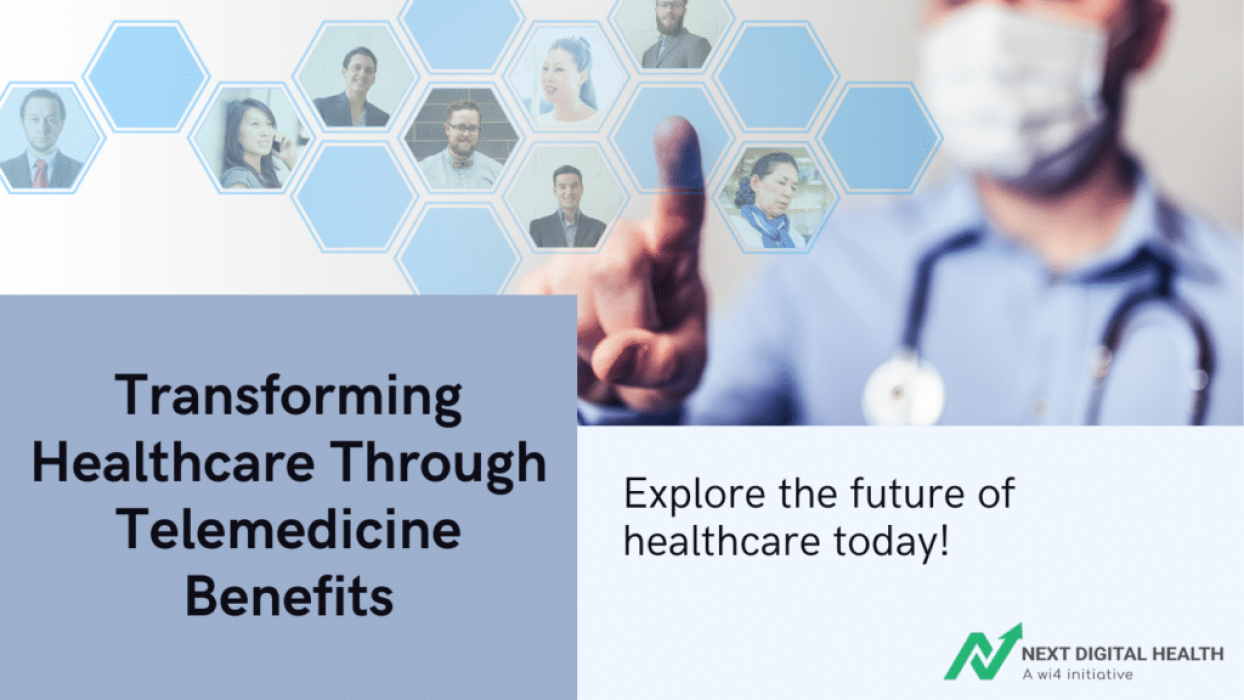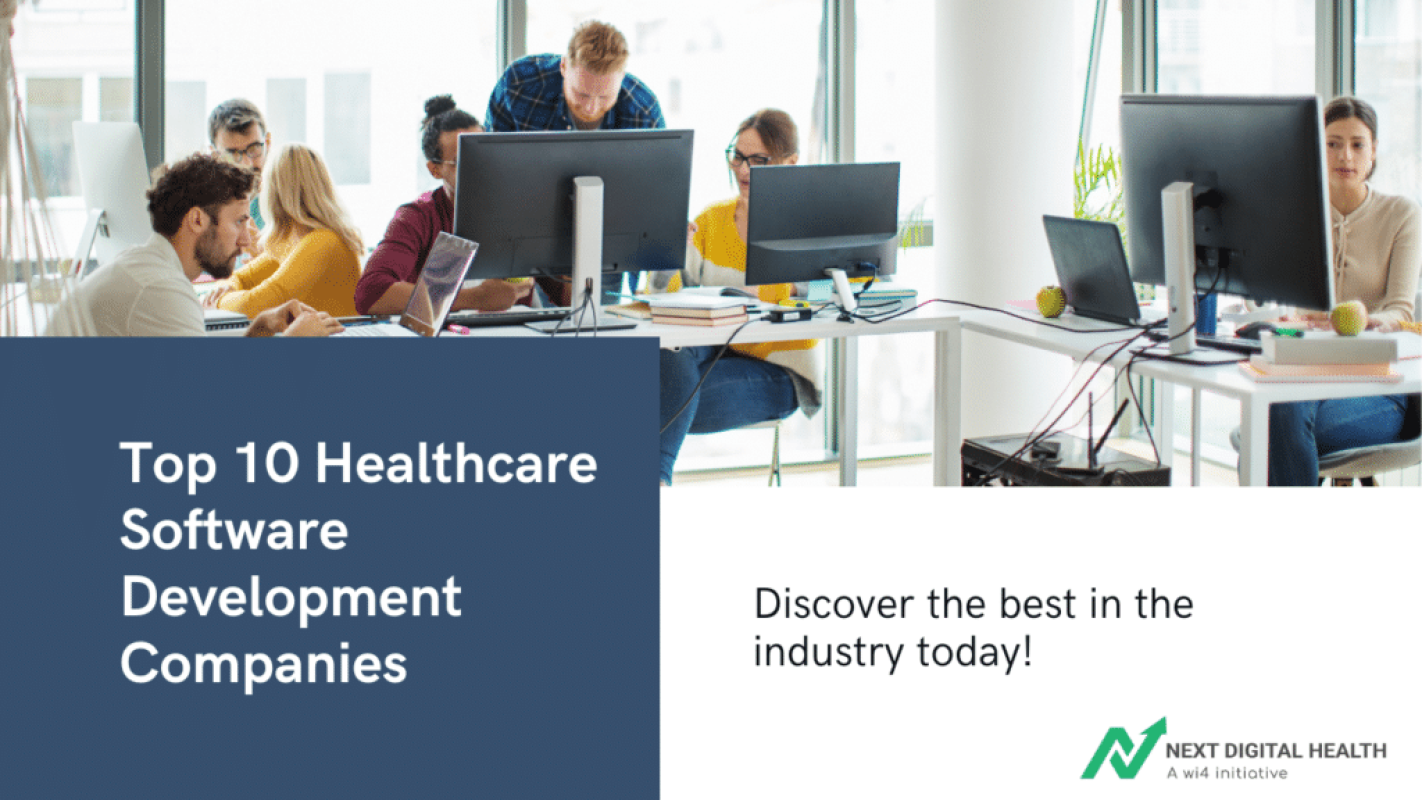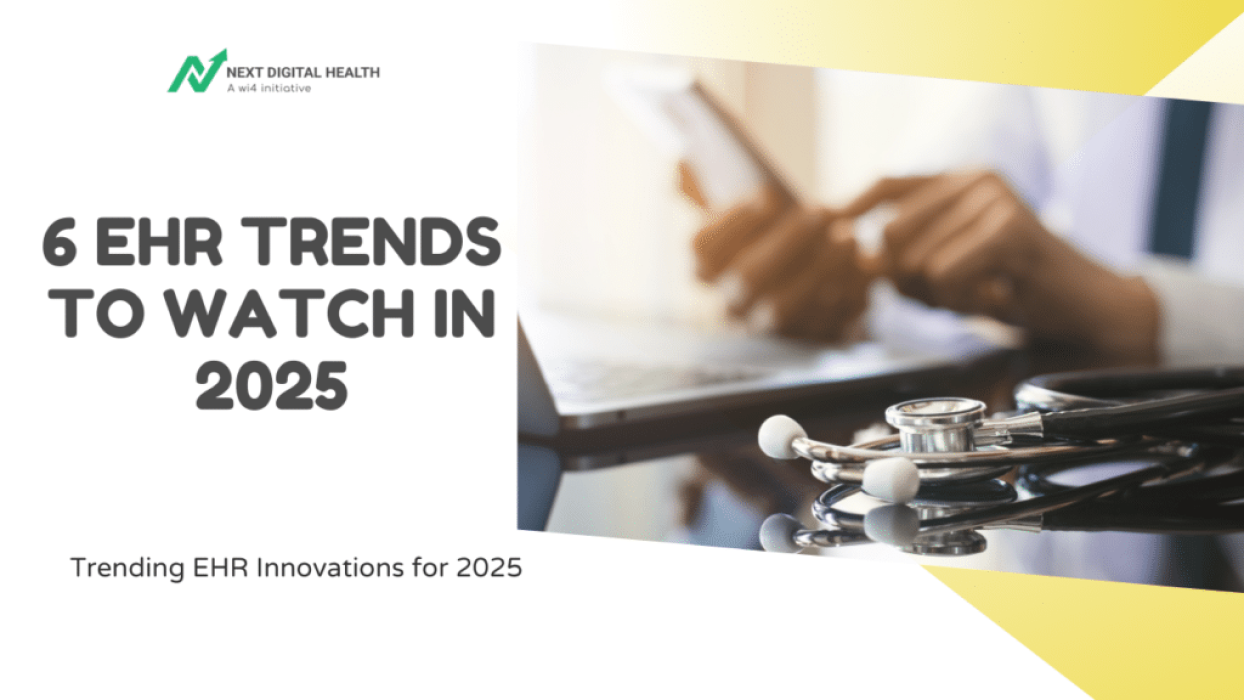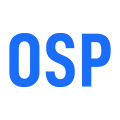Why Should Healthcare Providers Invest in Custom Mobile App Development?
The healthcare industry is undergoing a significant digital transformation, and with the growing reliance on technology, mobile apps have become a crucial part of patient care and management. Custom healthcare app development offers several benefits to healthcare providers, patients, and stakeholders alike. But what makes custom mobile app development stand out in the healthcare field? Here are several key reasons why healthcare providers should invest in healthcare app development services.
How Can Custom Healthcare Apps Improve Patient Care?
One of the most notable benefits of custom healthcare apps is the enhancement of patient care. With the right mobile application, healthcare providers can offer more personalized services, enabling patients to access healthcare resources with ease. Features like appointment scheduling, medication reminders, and real-time health tracking empower patients to take an active role in their health management. Additionally, telemedicine apps allow patients to consult with their healthcare providers from the comfort of their homes, reducing wait times and making healthcare more accessible.
Moreover, by utilizing mobile apps, healthcare organizations can enhance communication between patients and medical teams. Features like secure messaging and video consultations ensure that medical advice is only a few taps away, ultimately improving patient satisfaction and reducing the need for in-person visits.
What Are the Advantages for Healthcare Organizations?
For healthcare organizations, the implementation of mobile apps translates into greater operational efficiency. These apps help streamline administrative tasks such as patient data management, appointment scheduling, billing, and medical records management. By automating repetitive tasks, hospitals and clinics can save valuable time and reduce human error, allowing medical professionals to focus more on patient care.
Data management also improves significantly with the use of healthcare apps. Electronic Health Records (EHRs) and Patient Management Systems integrated into mobile apps provide real-time access to a patient’s medical history, test results, and medication plans. This results in improved decision-making and ensures that the healthcare provider has up-to-date information for better treatment plans.
How Do Custom Mobile Apps Ensure Data Security?
One of the most critical concerns in healthcare is ensuring patient privacy and data security. Custom healthcare apps are designed with robust security features to meet regulatory standards like HIPAA (Health Insurance Portability and Accountability Act). These apps often include encrypted communication channels, secure login methods, and data encryption to protect sensitive patient information.
By investing in custom app development, healthcare providers can ensure that their mobile solutions comply with necessary regulations while safeguarding patient data. Security measures that can be integrated into these apps include multi-factor authentication, role-based access control, and audit trails to track any access or changes made to patient information.
What Role Do Healthcare Apps Play in Remote Monitoring?
The integration of remote patient monitoring is one of the most innovative features offered by healthcare mobile apps. With wearable devices and sensors, these apps can track vital signs such as heart rate, blood pressure, and glucose levels, all in real-time. This continuous monitoring helps healthcare professionals detect potential issues early and provides them with valuable data to adjust treatment plans when needed.
For patients, remote monitoring apps can improve health outcomes by enabling proactive care management. With immediate feedback and alerts, patients can make necessary adjustments to their lifestyle or seek medical intervention when required.
Can Custom Healthcare Apps Be Scaled to Meet Future Needs?
As healthcare technology continues to evolve, custom mobile apps offer scalability and flexibility to adapt to future needs. These apps can be regularly updated to incorporate new features, integrate emerging technologies like AI or IoT, and comply with evolving regulations. Custom apps also provide the opportunity to expand functionality by integrating them with other hospital systems or third-party applications as necessary.
In conclusion, custom healthcare mobile app development presents a wealth of opportunities to improve patient care, enhance operational efficiency, and ensure data security. By embracing these technological solutions, healthcare providers can improve service delivery, optimize resource management, and stay ahead in an increasingly digital healthcare landscape.
Read More:
https://support.google.com/groups/thread/311025655?hl=en&sjid=470260148472897965-AP
Why Should Healthcare Providers Invest in Custom Mobile App Development?
The healthcare industry is undergoing a significant digital transformation, and with the growing reliance on technology, mobile apps have become a crucial part of patient care and management. Custom healthcare app development offers several benefits to healthcare providers, patients, and stakeholders alike. But what makes custom mobile app development stand out in the healthcare field? Here are several key reasons why healthcare providers should invest in healthcare app development services.
How Can Custom Healthcare Apps Improve Patient Care?
One of the most notable benefits of custom healthcare apps is the enhancement of patient care. With the right mobile application, healthcare providers can offer more personalized services, enabling patients to access healthcare resources with ease. Features like appointment scheduling, medication reminders, and real-time health tracking empower patients to take an active role in their health management. Additionally, telemedicine apps allow patients to consult with their healthcare providers from the comfort of their homes, reducing wait times and making healthcare more accessible.
Moreover, by utilizing mobile apps, healthcare organizations can enhance communication between patients and medical teams. Features like secure messaging and video consultations ensure that medical advice is only a few taps away, ultimately improving patient satisfaction and reducing the need for in-person visits.
What Are the Advantages for Healthcare Organizations?
For healthcare organizations, the implementation of mobile apps translates into greater operational efficiency. These apps help streamline administrative tasks such as patient data management, appointment scheduling, billing, and medical records management. By automating repetitive tasks, hospitals and clinics can save valuable time and reduce human error, allowing medical professionals to focus more on patient care.
Data management also improves significantly with the use of healthcare apps. Electronic Health Records (EHRs) and Patient Management Systems integrated into mobile apps provide real-time access to a patient’s medical history, test results, and medication plans. This results in improved decision-making and ensures that the healthcare provider has up-to-date information for better treatment plans.
How Do Custom Mobile Apps Ensure Data Security?
One of the most critical concerns in healthcare is ensuring patient privacy and data security. Custom healthcare apps are designed with robust security features to meet regulatory standards like HIPAA (Health Insurance Portability and Accountability Act). These apps often include encrypted communication channels, secure login methods, and data encryption to protect sensitive patient information.
By investing in custom app development, healthcare providers can ensure that their mobile solutions comply with necessary regulations while safeguarding patient data. Security measures that can be integrated into these apps include multi-factor authentication, role-based access control, and audit trails to track any access or changes made to patient information.
What Role Do Healthcare Apps Play in Remote Monitoring?
The integration of remote patient monitoring is one of the most innovative features offered by healthcare mobile apps. With wearable devices and sensors, these apps can track vital signs such as heart rate, blood pressure, and glucose levels, all in real-time. This continuous monitoring helps healthcare professionals detect potential issues early and provides them with valuable data to adjust treatment plans when needed.
For patients, remote monitoring apps can improve health outcomes by enabling proactive care management. With immediate feedback and alerts, patients can make necessary adjustments to their lifestyle or seek medical intervention when required.
Can Custom Healthcare Apps Be Scaled to Meet Future Needs?
As healthcare technology continues to evolve, custom mobile apps offer scalability and flexibility to adapt to future needs. These apps can be regularly updated to incorporate new features, integrate emerging technologies like AI or IoT, and comply with evolving regulations. Custom apps also provide the opportunity to expand functionality by integrating them with other hospital systems or third-party applications as necessary.
In conclusion, custom healthcare mobile app development presents a wealth of opportunities to improve patient care, enhance operational efficiency, and ensure data security. By embracing these technological solutions, healthcare providers can improve service delivery, optimize resource management, and stay ahead in an increasingly digital healthcare landscape.
Read More: https://support.google.com/groups/thread/311025655?hl=en&sjid=470260148472897965-AP




